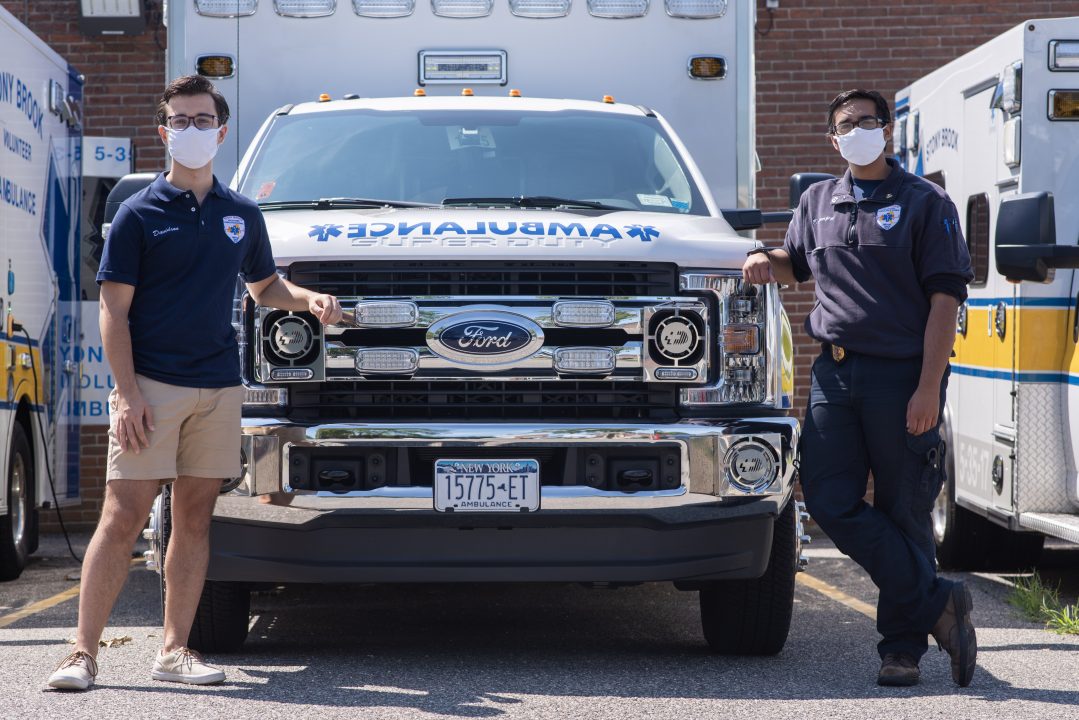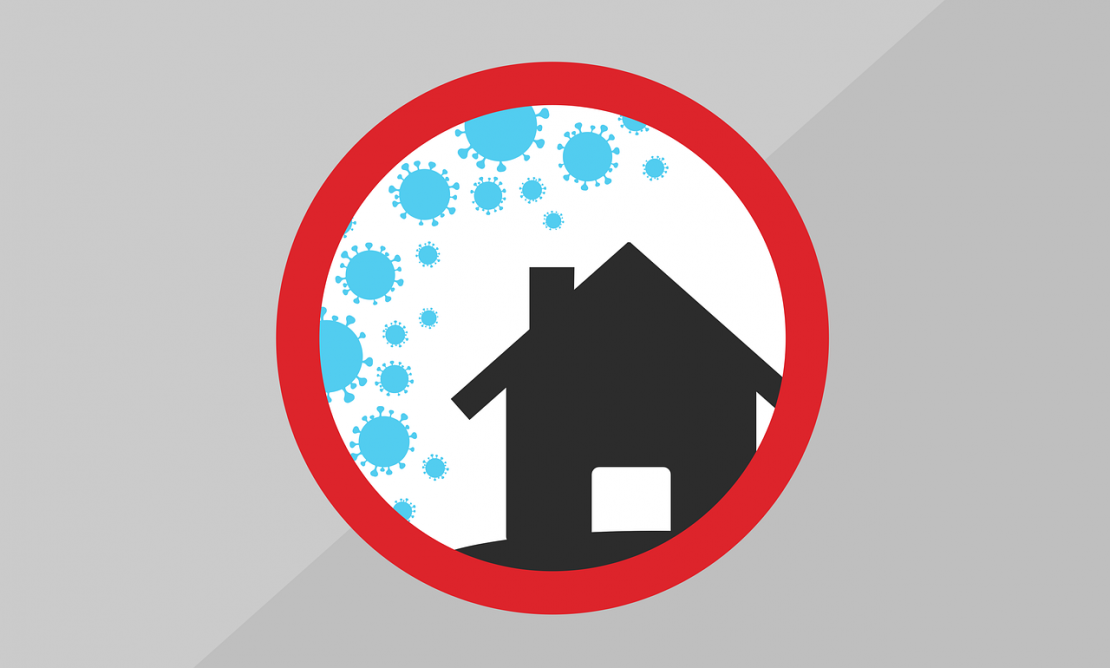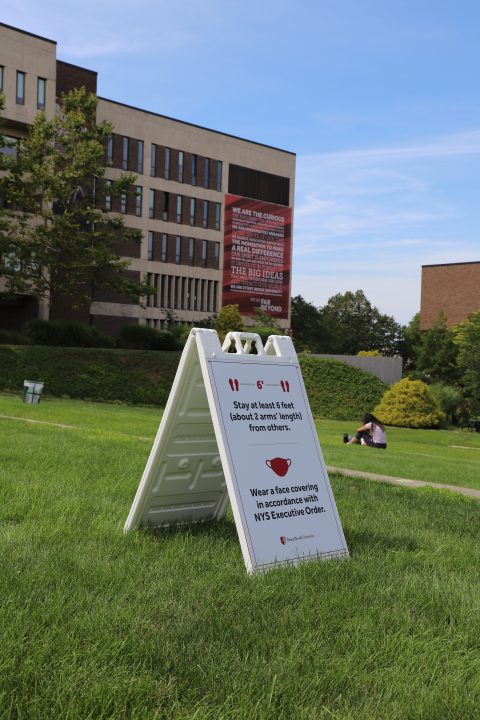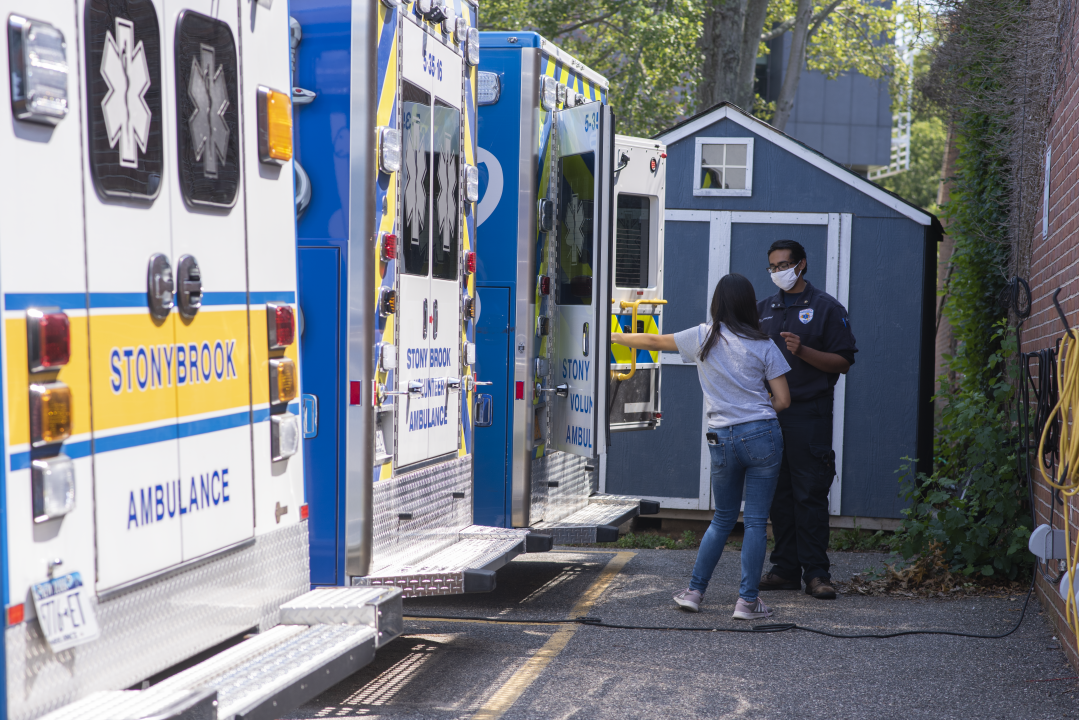
Matt Venezia is a sophomore biology major with a minor in writing.
Since this March, the COVID-19 pandemic has brought many significant issues in American society to light. From systemic racism to the toilet paper crisis that sparked debates about monetary disparity between social classes, much has been revealed about the shortcomings of our world within a relatively small amount of time.
As I attend school in the hopes of one day researching biology in a professional capacity, I cannot help but look at these issues from a scientific standpoint. Recently, one of the biggest issues that I have seen come to the forefront of society has been a lack of scientific literacy. Since I am not exactly an expert, I sat down (virtually) with Dr. Miriam Fein, a former postdoctoral fellow at Cold Spring Harbor Laboratory and founder of Science Advocacy of Long Island, in order to get some perspective from a scientist.
To me, scientific literacy in its most basic form is having the ability to understand the thought processes and reasoning behind science. It is not a blind following, but rather an understanding that when a scientist makes an informative statement or gives guidance, they have spent a good portion of their life studying patterns and processes to be able to offer such guidance. Scientific literacy is also accepting that science is evidence-based information, and opinions can change when new evidence becomes available.
As Fein put it, “It’s about understanding the process […] The process of science is about learning, getting it wrong, then eventually getting it right. It might look like a flip flop or a change to the public, but the process itself is self-correcting.” Acknowledging this process is essential, especially today when new evidence is constantly being acquired and published, and the opinion of the scientific community can change overnight. Listening to experts and making evidence-based decisions is absolutely crucial to an effective pandemic response.
Unfortunately, it is evident that during this crucial time, there has been a lack of evidence-based decision making among policymakers and the general public. This lack of scientific literacy is likely caused by the influx of people turning to misinformation in this specific field. This can largely be accredited to the boom of false information that has been spreading across social media. As Fein explained, “The lack of understanding of how the process works causes a lack of trust.”
This lack of trust is dangerous. According to Fein, “It has really important consequences, if you don’t understand or believe something. It’s not just affecting you right now, it’s affecting your neighbors and your community.”
On a small scale, I have seen many people refuse to wear a mask in public on a daily basis. Among these people, who blatantly ignore public safety guidelines, are many who also repeatedly try to discredit Dr. Anthony Fauci, who is considered to be the leading expert in the United States on controlling infectious disease, and a prominent member of the White House Coronavirus Task Force. However, these actions are not without consequence. For example, some of the friends and neighbors that I had witnessed breaching Centers for Disease Control and Prevention (CDC) guidelines contracted the novel coronavirus. Many others who have not been affected yet continue to host parties or hang out with friends on a daily basis, and do so at the risk of infection.
On a larger scale, the current administration has sparred repeatedly with Dr. Fauci. President Trump did not speak to Fauci for weeks during a major surge in cases during the months of June and July. This quite clearly shows a blatant lack of respect for scientists and medical professionals, and indicates that a lack of scientific literacy is present in the highest office of our nation.
Moving away from the White House, there has been a widespread mistrust surrounding many aspects of the virus and the scientists who are attempting to contain it. First, a common talking point still found widely on the internet is that COVID-19 is not as deadly as the flu, or if it is, it is only slightly deadlier. Though this assertion is false and has been addressed many times by Dr. Fauci, Dr. Deborah Birx, the World Health Organization (WHO) and the CDC through multiple platforms, the myth still persists.
There is also currently a widespread mistrust of the potential vaccines for the novel coronavirus. A poll by Marist University, NPR and PBS NewsHour recently found that one third of Americans say they will not get vaccinated against the virus. To put that into perspective, roughly 100 million Americans may refuse one of the only significant defenses that our society has against the deadly disease.
These actions both on a small and large scale, have each contributed and will continue to contribute to the lackluster pandemic response of our nation. As of Aug. 30, there have been over 182,000 lives lost due to COVID-19 in the United States. Many of these deaths might have been due to misinformed decisions made by individuals, communities and policy makers alike.
So, how do we prevent these misinformed decisions and save lives? On a personal level, we can all adhere to guidance from the scientific community and make our decisions based on current evidence. Of course, not everyone will automatically listen to this advice, but according to Fein, “There are plenty of people who might listen to good information if they have it, but don’t get it. Combating the misinformation can be done by constantly putting out as much good, accurate information and hope [that it] reaches enough people.”
The more well-informed our actions are, the more harm we can each prevent from this pandemic. As for now, it is in our best interest to stay safe and follow the scientific community’s current consensus: stay six feet apart, wear a mask when social distancing is not possible and get tested if you believe you have been exposed because after all, listening and understanding may save a life.
























